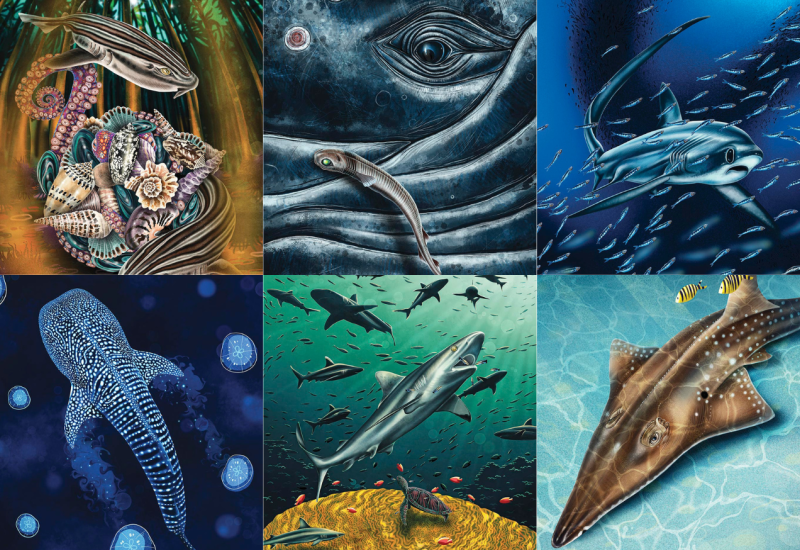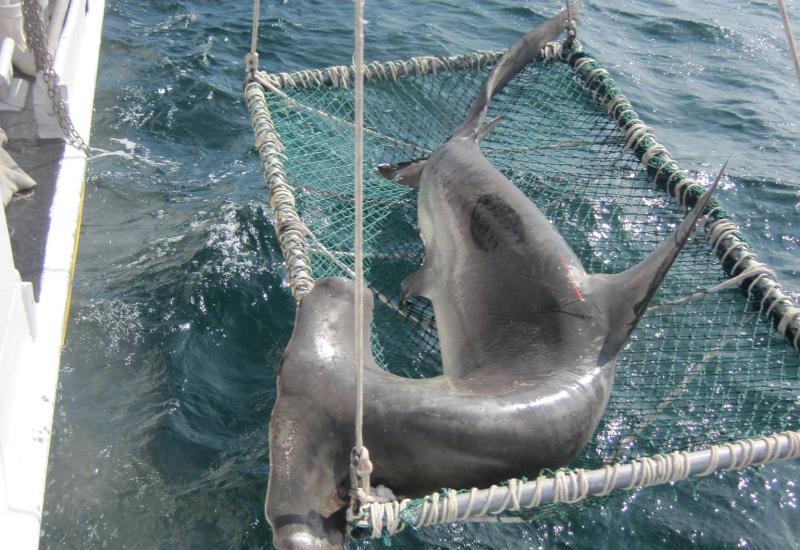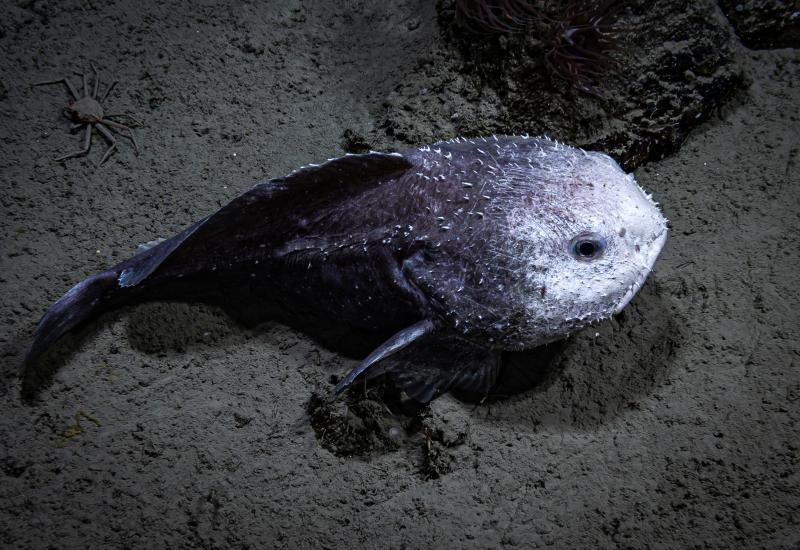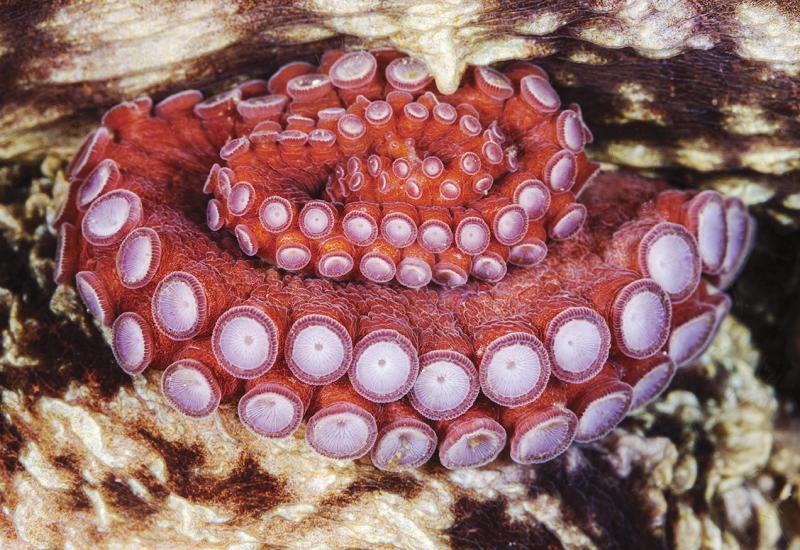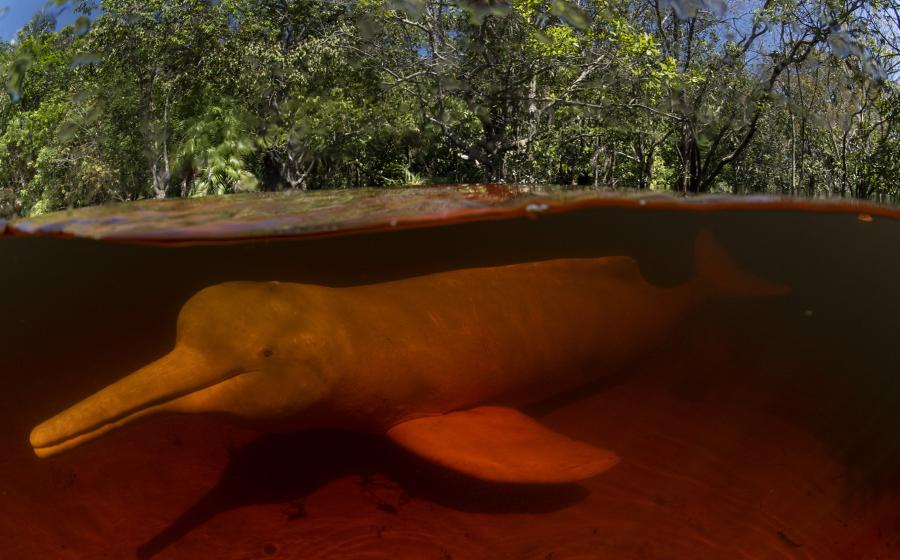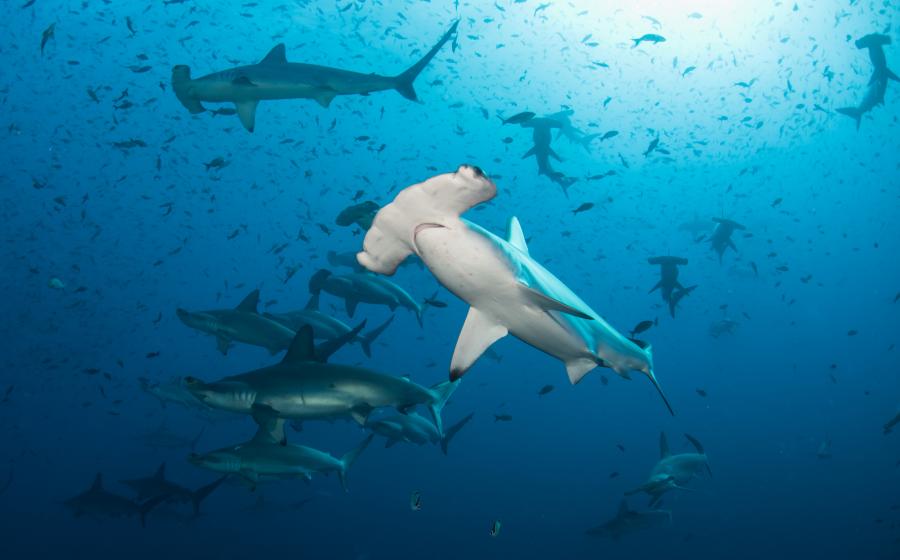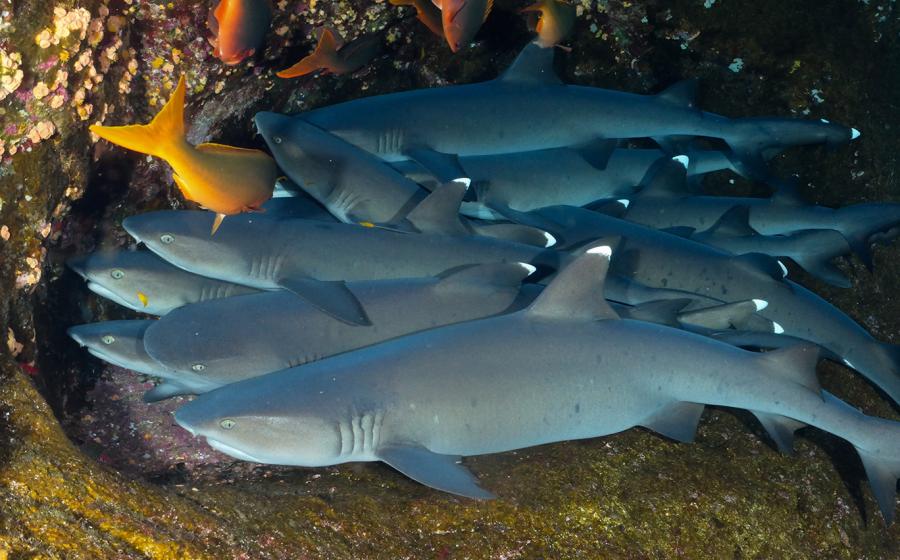Interesting Facts about Smooth-hound Sharks
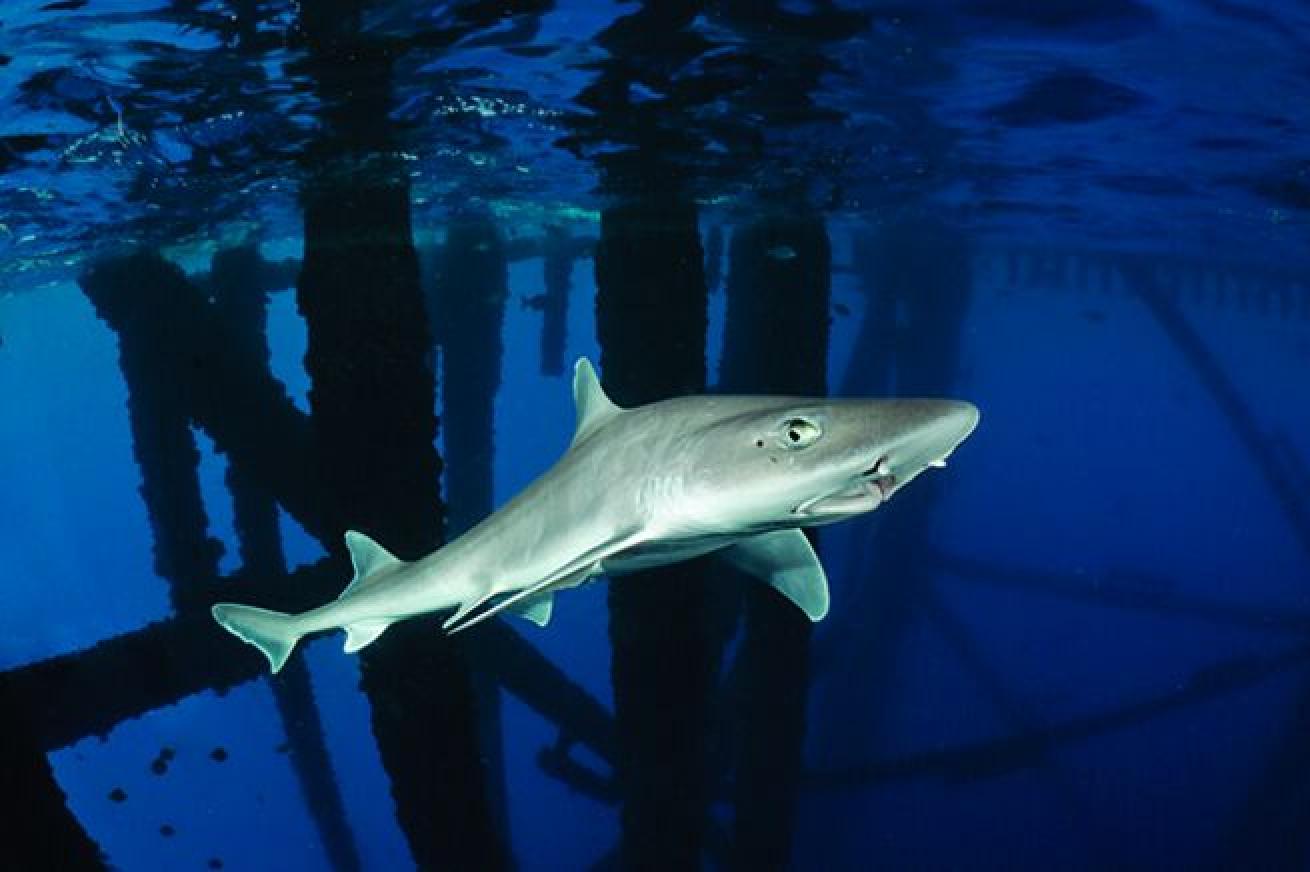
Andy MurchSmoothhound Shark
These guys are pretty shy around humans. Follow twitter hashtag #DogfishRSharks2 to learn more about dogfish conservation and how you can help.
Dusky Smooth-hound Shark Mustelus canis canis
Dusky smooth-hound sharks, commonly called smooth dogfish, are native to the entire Eastern Seaboard of the United States. The name of the genus comes from the Latin word mustela, meaning weasel. Divers report that smooth-hounds are generally shy and are not aggressive, preferring to avoid people. Their flattened teeth are ideal for crushing their diet of crustaceans, mollusks, squid and small fish. Though they can reproduce relatively quickly for a shark, with females becoming reproductively mature at four or five years of age, conservationists are concerned about the lack of a scientific population assessment and science-based fisheries catch limits.
Due to political negotiations for the 2010 Shark Conservation Act, this is one of the few species of sharks for which it is legal for fishermen to remove fins at sea in U.S. waters. Smoothhounds are the only shark species targeted along the Atlantic Coast of the U. S. with no fisheries limits in place.
Related Reading: VIDEO Great White Shark Surprises Scuba Divers
Facts About Dusky Smooth-hound Sharks:
Where to Find Them:
In the western Atlantic Ocean, from Massachusetts to Brazil
Threat Level:
IUCN Red List
Near Threatened
Maximum Size:
Almost 5 feet (1.5 meters)
Interesting Facts:
Low-quality fish and chips served in the U.K. is often made from dogfish.
U.S. fishermen land more than 2 million pounds of dogfish each year, with active fisheries in North Carolina, Virginia, Maryland, New Jersey and Massachusetts, with approximately 90 percent of U.S. shark exports in 2011 consisting of smooth and spiny dogfish.
There is an active online conversation about dogfish fisheries management. Follow twitter hashtag #dogfishrsharks2 to learn more about dogfish conservation and how you can help.
Their close relatives, the spiny dogfish, have spines in their dorsal fins, but dusky smooth-hounds do not.
Related Reading: What It's Like to Be a Scuba Diving Influencer
David Shiffman is a Ph.D. student at the University of Miami’s Abess Center for Ecosystem Science and Policy, where he studies shark ecology and conservation. Shiffman is happy to answer any questions you have about sharks on Twitter (@WhySharksMatter) or Facebook (facebook.com/WhySharksMatter).

